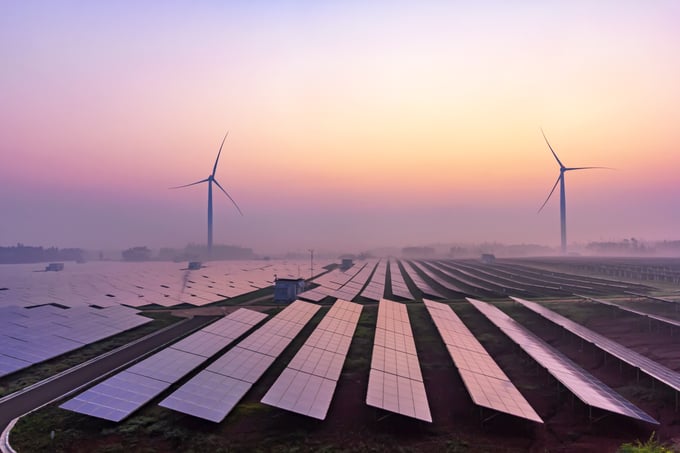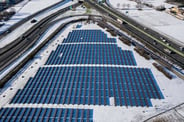Regulatory changes on the horizon mean that energy retailers should get ready to offer non-domestic customers better quality data. A UK government consultation, which closed in September, proposes changes that will incentivise non-domestic customers with smart meters to save energy. The government sees smart meters as “a critical tool in the transition to a low-carbon energy system” and wants suppliers to do more to unlock their potential. So what changes are likely to come in?
Data by default
Suppliers are currently obliged to provide non-domestic customers with access to their energy use data on request. When the government put this rule in place, it was with the expectation that suppliers would go beyond the legal minimum and innovate to develop increasingly useful data offers for their clients. Because the expected innovation hasn’t happened, the government is proposing to establish a new baseline data offer for non-domestic customers with smart meters. This includes the provision of data by default, rather than on request; as soon as a smart meter is installed the supplier would be expected to start providing energy consumption data to the customer without their having to ask for it.
More readable data
Under the proposed changes, data from the customer’s smart meter would have to be provided in a user-accessible format, so that customers can more easily see their energy consumption patterns and identify potential changes. If the proposed changes are adopted, then providing raw data in a CSV file – as many suppliers currently do – would no longer be acceptable.
Easier access for third parties
Many large organisations bring in specialists for their energy management, but government research has identified barriers preventing such third parties from accessing the data they need to do the job. For this reason, the government is proposing that third parties acting with the consent of the energy user should be entitled to a minimum baseline of free access to the user’s energy consumption data, in a machine-readable format via the internet.
More granular data
The government recognises the potential of smart meters to help high-volume energy users cut both costs and carbon emissions, even without reducing the amount of energy used.
The key is to optimise usage patterns so that more energy is used when renewable generation is available and when prices are low.
For example, a hospital might be able to save thousands of pounds by shifting the planned use of energy-intensive equipment such as scanners to off-peak times. Or a business with a fleet of electric cars might drastically cut its carbon emissions by charging the batteries at times when renewables dominate the energy mix in the grid.
But to achieve this kind of usage optimisation, customers need granular data. This is why the government proposes to make it compulsory that electricity consumption data should be recorded at half-hourly intervals and gas consumption data every hour. This frequency would be a minimum, with the expectation that some suppliers will go further and offer even more granular intervals.
ENTRNCE can support this kind of supplier offer through our energy-matching platform, which displays how closely energy consumption is aligned with renewable energy generation, on a quarter-hourly basis. Using the ENTRNCE tools, suppliers can offer customers genuine transparency on the sourcing of the energy they consume. (We offer two versions of our Matcher tool, one tailored to B2B consumers and one designed for B2C clients.)
A changing market
We already know that smart meters with in-home displays have been a game-changer in the domestic energy supply market. The government believes that offering better data to non-domestic customers will have a similar effect, changing behaviour and leading to an increased interest in energy management. This will then boost demand for “smart energy management products and services and more enhanced functionalities”. Suppliers should already be working on ways to meet this demand.
We don’t know exactly when the changes proposed by the consultation will be rolled out, or what the detail will be, but the direction of travel is clear: a move towards empowering customers through better informed choices. The ENTRNCE platform provides a straightforward way for suppliers to do this.
To find out more about how ENTRNCE can help you stay ahead of legislative changes and make the most of the opportunities provided by a changing market, book a free, no-obligation demo of our B2B matching service today.




